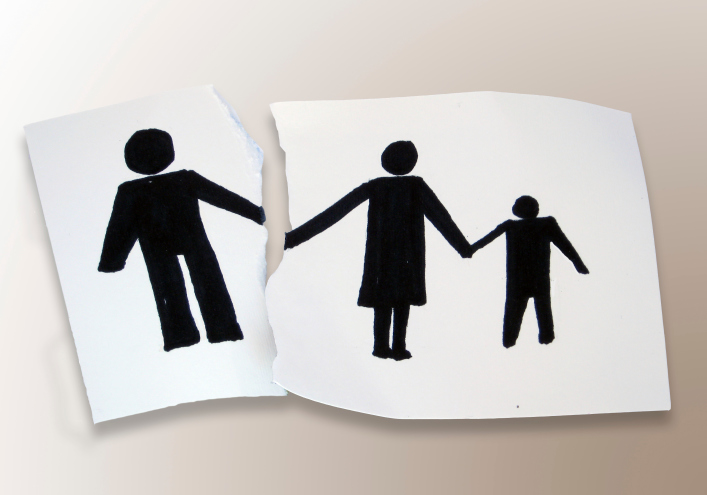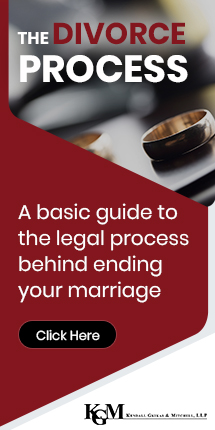Tips for keeping your legal fees down and getting the best possible outcome.
You and your lawyer will become partners, for better or for worse, during and perhaps for years after the divorce process. How well your partnership works can have an enormous effect on your divorce and how much you’ll have to spend in legal fees. Here are some tips on how to work with your divorce lawyer.
What Your Lawyer Needs to Know

- Why are you seeking a divorce?
- What caused your breakup? If you’re secretly hoping for reconciliation, then you and your lawyer are working towards different goals.
- Personal data about you, your spouse, and your children (if any). Write down your names; your home and work addresses and telephone numbers; your ages and places of birth; your Social Security or Social Insurance Numbers; your states of health, both mental and physical; your Green Card(s) and immigration papers (if applicable).
- Facts about your marriage. When and where did you get married? Did you sign a prenuptial agreement? If so, bring a copy. Have either of you been married before? Will there be issues involving your children, such as custody or access?
- Financial information. What assets and debts did each of you bring into the marriage? What are your incomes and what are your expenses, jointly and individually? What are the names and addresses of your employers? How much money do both of you have invested: in the bank, the stock market, etc.? Has either of you invested in insurance or a pension plan? What property do you own? Was the property purchased before or after the marriage? Do you have a mortgage? Prior to seeing your lawyer, create a budget detailing how much you spend every month on items such as housing, food, clothing, personal grooming, gifts, vacations, etc. If you have children, make sure you include their expenses.
- Legal documents. Bring copies of prior or pending lawsuits, bankruptcy suits, judgments, and garnishments. Your divorce goals. Be very specific about your goals in terms of realizing your future; make sure your short-term goals for property, other assets, custody, visitation, and support are consistent with that future.
What Your Lawyer Expects from You
Your lawyer hopes you’ll be calm, businesslike, and well prepared. Ideal clients can control their emotions, are organized, willing to work together with the lawyer, and listen to their lawyer’s advice. Your lawyer will expect to be paid on time and in full. If your financial situation is bad, your lawyer may be able to create some kind of payment plan. If you’re broke because your ex cleaned out the bank account, your lawyer can file motions asking the court to grant temporary orders for child or spousal support, custody, payment of your lawyer’s fees, etc. And if you suspect your divorce might get nasty, ask your lawyer about filing orders to protect you and/or your kids financially and physically. To get the best service from your lawyer, it’s essential to be a good client.
Here’s how to gain your lawyer’s respect:
- Don’t call your lawyer outside of work hours unless it’s an emergency.
- Don’t burden your lawyer with your emotional issues; hire a therapist for that.
- Always tell your lawyer the truth, even when it’s unpleasant or unflattering to you.
- Be realistic. Don’t expect your lawyer to behave like the heroic lawyers on TV or in John Grisham novels.
- Don’t blame your lawyer for the system or expect him or her to change it.
If you don’t abide by these tips, your lawyer may want to quit your case. This may also happen if you don’t communicate properly, if you continually don’t follow the lawyer’s advice, or if you don’t pay your legal bills. But if you’re cooperative and reasonable, it’s more likely that your lawyer will trust you and work hard on your behalf. However, your lawyer may keep representing you even if you inadvertently annoy him or her — if only because you’re still paying him or her to work for you. Or maybe your lawyer is just too polite. If you detect impatience or weariness in your lawyer’s tone or body language, consider whether you’re burdening him or her with too many complaints about your spouse, or whether you’re wasting time by asking a lot of obvious questions or by venting your frustrations. It’s also possible that you did something to hurt your case strategy, such as mentioning something to your spouse (or your spouse’s lawyer) that should have been kept secret. Perhaps your last check to the lawyer bounced, or maybe you were rude or unprofessional to one of the firm’s paralegals or secretaries. If you think you may have annoyed or angered your lawyer, ask if this is the case. If you have done something wrong, apologize for it; if there has been a misunderstanding, clear it up immediately. It’s important that you and your lawyer maintain a strong, trusting relationship in order for you to get the best possible representation — and to achieve the best possible outcome.
What You Should Expect from Your Lawyer




